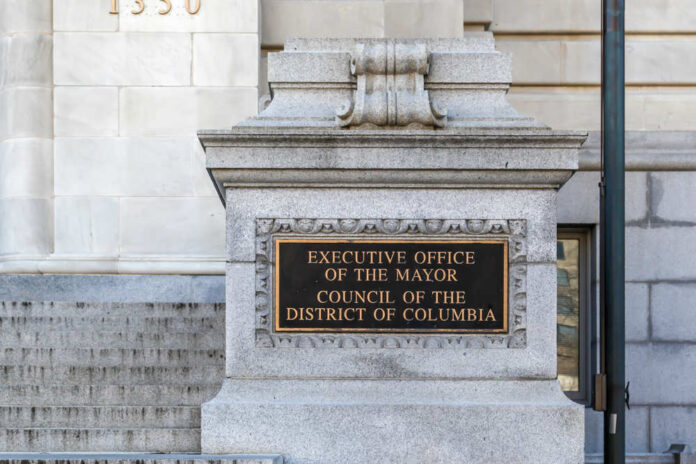
In a move that defies all logic and reason, the Washington D.C. City Council will apparently lower punishments for violent crimes committed in the district.
Mayor Muriel Bowser vetoed the 450-page Revised Criminal Code Act of 2022, but the radical council intends to override the veto. Among the drastic measures included are the ending of most mandatory minimum sentences and jury trials for almost all misdemeanor charges.
But the most startling change to come in the crime-ridden city — if the veto is overridden — is a reduction in penalties for carjackings, burglaries, and robberies.
Council progressives defend the indefensible by claiming the new bill will make the law less racist and fairer to all. Even the mayor, hardly known as a tough-on-crime politician, said the measure sends the wrong message to lawbreakers.
That condemnation may not be enough to deter those who want to lessen punishments for violent offenders. D.C. Attorney General Brian Schwalb asserted “the bill will improve public safety and provide long overdue clarity and fairness in our justice system.
The D.C. Council could vote on Tuesday to reduce the punishment for carjackings — just as the city is averaging one carjacking a day in the new year. https://t.co/aAWq7718YL
— DC News Now (@DCNewsNow) January 17, 2023
Schwalb added that the current 122-year-old criminal code was enacted “before women and Black residents enjoyed fundamental rights.”
Democratic council member Brooke Pinto tweeted that the mayor’s veto attempted to block reform “that is more just, equitable, & clear — making us all safer.”
Another council member, Matt Frumin, praised the new criminal code as “more transparent and equitable.” Like Pinto, he inexplicably declared that the changes will enhance public safety.
Other advocates claim the reform to the code, written in 1901, will make punishments proportional to the crimes committed.
Those pushing back, however, note that some provisions will allow violent criminals to petition for early release just 20 years into their sentences. The crimes eligible to be considered for lesser time include murder.
With D.C. council members expected to override the veto, the bill would then be sent to Congress. It would undergo a 60-day review and lawmakers may pass a joint resolution disapproving the act. If so, it would be up to President Joe Biden to prevent it from becoming law.





























